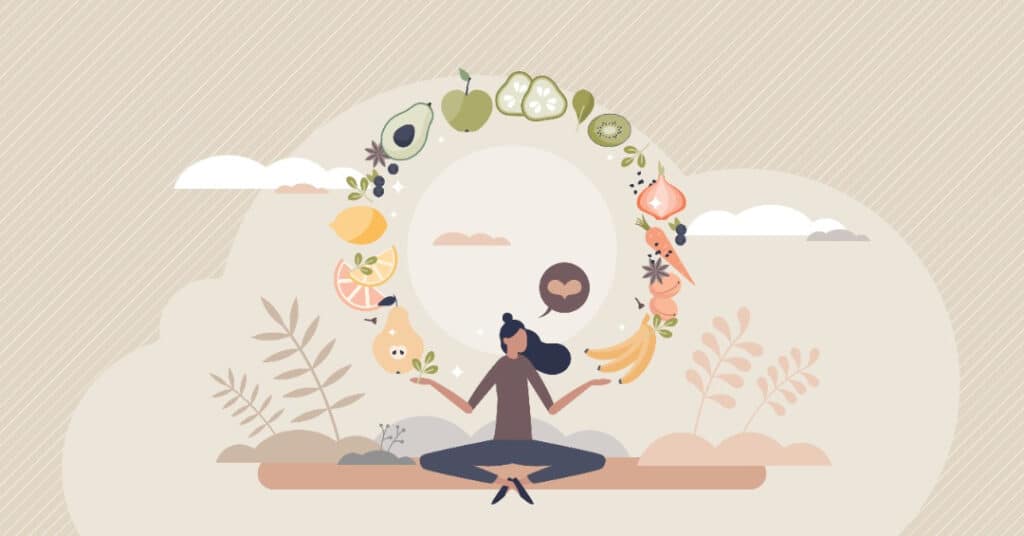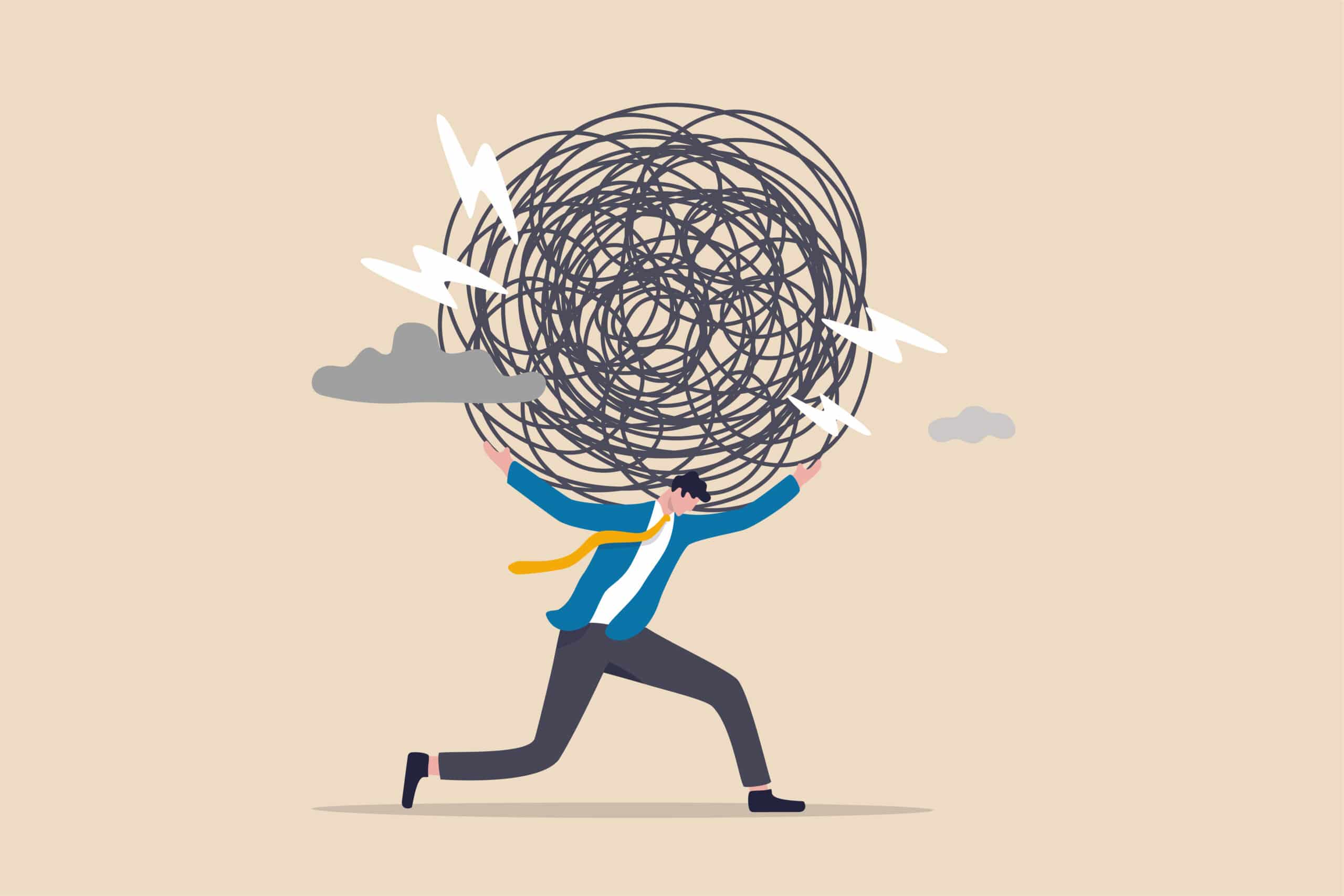You’ve probably heard the saying, “You are what you eat,” but there’s more truth to that than you might expect. You might think that psychotherapy or anti-anxiety medications are the primary ways to treat anxiety, but there are other changes you can make to boost your mental health. Research shows a close relationship between your diet and anxiety, as well as other physical and psychological functions. What is the connection between anxiety and food, and how can you use that connection to your advantage?
Diet and Anxiety
The things you eat and drink are the fuel your body and brain use to function. When you nourish your body with whole foods and water, you provide it with high-quality sustenance to keep it running smoothly. However, if your diet typically consists of foods that are processed and high in sugar, or you drink alcohol regularly, you aren’t giving your body what it needs to perform well.
Sometimes the effects of low blood sugar, poor hydration, caffeine, or alcohol use are similar to symptoms of anxiety. You may think you suffer from anxiety, but once you address your diet, you might find that your anxiety and food are more closely related than you thought.1
For example, a microwave dinner, a can of soda, and a pint of ice cream will make you feel differently than a homemade dish with whole grain pasta, chicken, and zucchini, a glass of water, and some yogurt with honey. The latter meal contains mostly whole foods with higher nutrient contents that take longer to metabolize, leaving you feeling fuller for longer and providing your body with the high-quality fuel it needs to function well.
Tips for Using the Connection Between Anxiety and Food
Are you ready to test the relationship between your diet and anxiety? These tips are a helpful place to start and give you a solid foundation for recognizing the connection that anxiety and food have.
- Hydration is key; men should drink at least 13 eight-ounce glasses of water per day, and women should drink eight glasses2
- If you drink lots of soda or fruit juice, eliminating these high-sugar beverages and replacing them with water is a great way to cut lots of unnecessary sugar from your diet
- While it’s good to have treats occasionally, avoid regularly consuming processed foods with high amounts of sugar; sugar rushes can mimic symptoms of a panic attack, and the crashes may cause symptoms similar to depression3
- Try to make the majority of your meals at home; you have more control over the quality of ingredients, sugar content, and more when your diet consists of mostly homemade meals
- Focusing your diet around fruits, vegetables, lean meats, healthy fats, and whole carb sources is the best way to ensure your body receives vital vitamins and nutrients
Diet Isn’t Everything
While there is a substantial connection between your diet and anxiety, that doesn’t always include the whole picture. Some people experience chronic anxiety or serious disorders that benefit from attention to food but also require more intensive treatment approaches like psychotherapy or medication.
Everyone should consider the relationship between anxiety and food. However, if you struggle with anxiety that you can’t shake regardless of diet, you may need help from a mental health treatment program. Programs like Lifeskills South Florida offer comprehensive treatment approaches that address mental health from all angles, including your diet. If you want to learn more about the programs we offer, call us at 954-953-1742 or submit an online contact form to speak with an admissions specialist.
References
- Nutrients. (2021). Diet and Anxiety: A Scoping Review.
- Harvard School of Public Health. (2021). Water.
- Harvard Health Publishing. (2021). Eating well to help manage anxiety.




